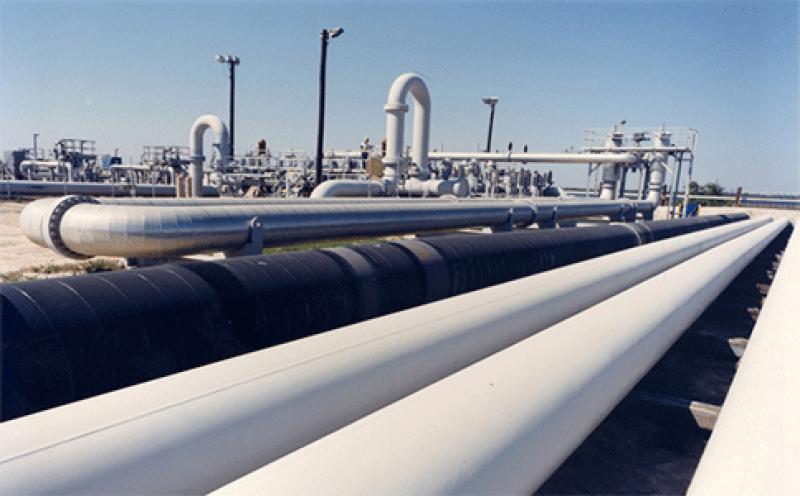The Canadian heavy oil benchmark rose on Wednesday after a pipeline carrying diluent necessary for oil sands production was shut down following a leak over the weekend, affecting production at a project operated by an Exxon subsidiary.

The discount of Western Canadian Select (WCS) – the benchmark price of oil from Canada’s oil sands delivered at Hardisty, Alberta – relative to the U.S. benchmark WTI Crude narrowed to below $10 a barrel for the first time since August 17. On Wednesday, the October contract of Western Canadian Select closed at $31.86, while WTI Crude settled at $41.51.
The shutdown of the pipeline carrying diluent has affected production at the Kearl oil sands project of Imperial Oil, which is majority-owned by ExxonMobil.
Inter Pipeline, the operator of the diluent pipeline, said on Saturday that it had detected a leak along its pipeline systems east of the Fort McMurray Airport. Inter Pipeline shut down and isolated its Polaris and Corridor pipeline systems. On Monday, the company confirmed that a segment of the Polaris pipeline would remain shut down until further notice, while the Corridor pipeline system was not impacted and safely restarted earlier that day.
The partial shutdown of the Polaris pipeline affected production at Imperial’s Kearl facility, which has ceased all production.
“The facilities remain ready to ramp up to full production rates once the diluent pipeline is back in service and diluent supply is restored,” Imperial said on Wednesday.
At this point, it is not clear when diluent supply will be restored, a spokeswoman for Inter Pipeline told The Canadian Press.
If the outage is prolonged, the shortage of diluent could affect production not only at Imperial’s Kearl, but also at oil sands projects operated by other major Canadian firms—Cenovus Energy, Canadian Natural Resources, and Husky Energy, analysts at Tudor Pickering Holt & Co warned.